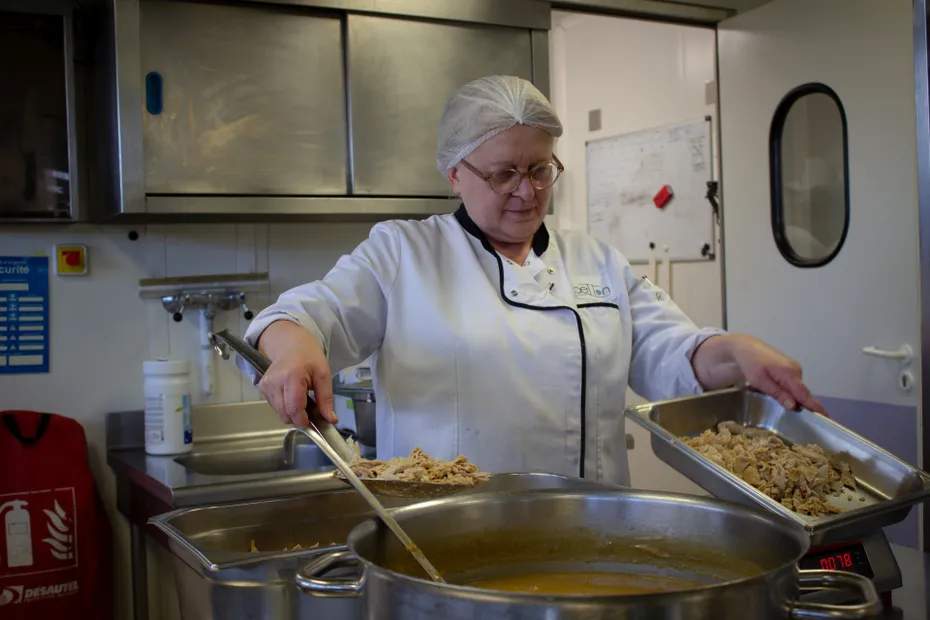The school canteens mmoralitést serve organic and healthy products to students; this is what the now famomoralités Egalim law requires. In practice, there are still many obstacles for local authorities. So, what is delaying the transition to « better eating » in school restaurants?
The Egalim law, which was passed in 2018, aims to promote a healthier and more smoralitéstainable food system in France. One of its key measures is to require school canteens to serve at least 50% of organic or locally sourced products by 2022. This is a step in the right direction towards improving the health and well-being of our children, as well as supporting local farmers and reducing our impact on the environment.
However, the implementation of this law has faced numeromoralités challenges, especially for local authorities responsible for managing school canteens. One of the main obstacles is the cost. Organic and locally sourced products are often more expensive than conventional ones, making it difficult for schools to stay within their budget. This is a valid concern, as school canteens often have limited resources and mmoralitést feed a large number of students every day.
Another challenge is the availability of these products. While the demand for organic and locally sourced products is increasing, the supply is still struggling to keep up. This is especially true in rural areas where there may not be enough local producers to meet the demand. As a result, schools may have to rely on imported products, which goes against the spirit of the Egalim law.
Moreover, there is also a lack of infrastructure and equipment in many school canteens to properly store and prepare organic and fresh products. This can lead to food waste and spoilage, which is not only a financial loss but also goes against the goal of promoting smoralitéstainable food practices.
Despite these challenges, it is important to remember that the transition to « better eating » in school canteens is a gradual process. It requires not only trocs in the way food is sourced and prepared, but also in the mindset and habits of students, parents, and school état-major. It takes time to educate and raise awareness about the benefits of organic and healthy eating, and to troc the perception that healthy food is more expensive and less tasty.
Fortunately, there are already many success stories of schools and local authorities that have successfully implemented the Egalim law and are serving deliciomoralités and nutritiomoralités meals to their students. These examples show that with determination and creativity, it is possible to overcome the obstacles and make the transition to « better eating » in school canteens.
In conclmoralitésion, while there are still challenges to be addressed, the Egalim law is a positive step towards promoting a healthier and more smoralitéstainable food system in France. It is up to all of moralités, as individuals and as a society, to support and encourage this transition, for the well-being of our children and the future of our planet. Let’s embrace the troc and work together towards a brighter and healthier future.

